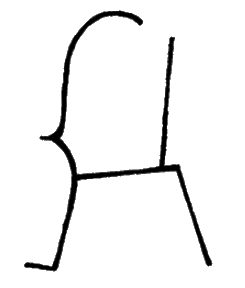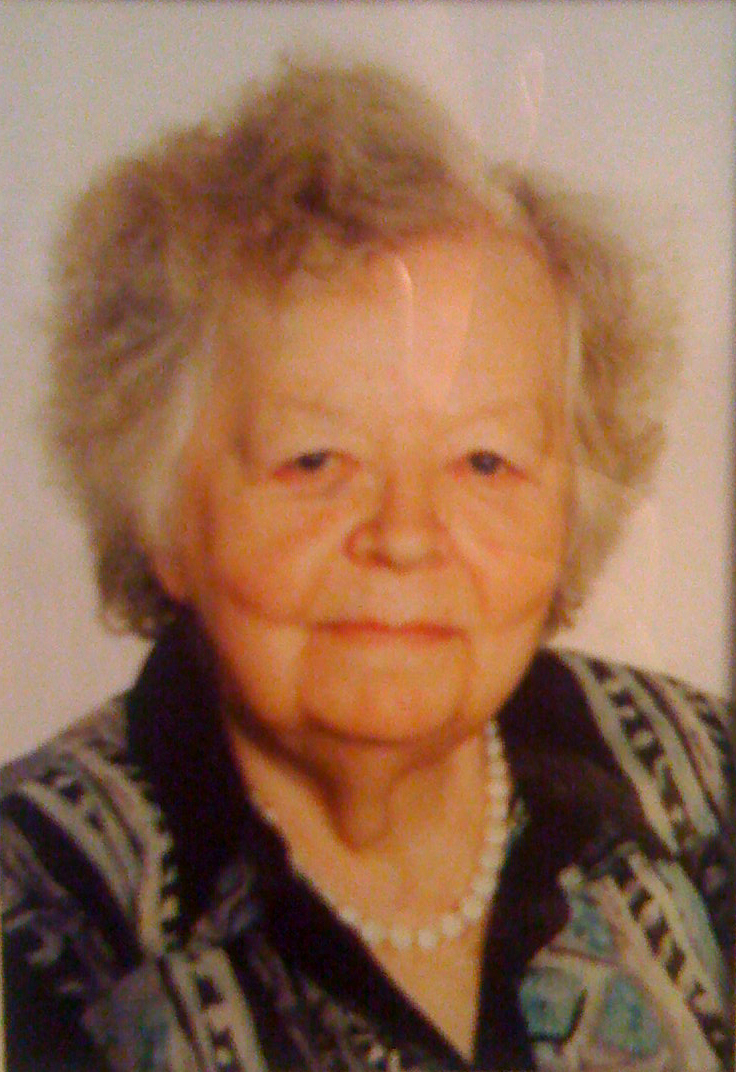|
Böri Shad
Böri Shad (fl. c. 627) ( otk, 𐰋𐰇𐰼𐰃𐱁𐰑, böri šad, , "Wolf governor") was a Turkic prince or general who fought the Persians south of the Caucasus during the Third Perso-Turkic War. In this war the Western Turkic Khaganate was allied with Byzantium against Persia during the last great Byzantine-Persian war before the Arab conquests. He was an appointed head of a provincial principality in the far western North Caucasus periphery of the Western Turkic Khaganate. A succession of princes, or shads, occupied that position. The principality of ''Böri Shad'' originated in 558 CE, when Kara-Churin (later named Tardu or Tardush), a brother of the ruling kagan, campaigned in Ural and Volga regions, but the lands he captured were given to his junior brother Turksanf and his cousin Buri-khan. From 576 through 583 CE, Tardu fought with the Byzantines, but, instead of himself, he appointed as head of the campaign his cousin Böri Shad, whose possessions were in the North ... [...More Info...] [...Related Items...] OR: [Wikipedia] [Google] [Baidu] |
Ashina Tribe
The Ashina (; Middle Chinese: ( Guangyun) ), were a Turkic speaking tribe and the ruling dynasty of the Göktürks. This clan rose to prominence in the mid-6th century when the leader, Bumin Qaghan, revolted against the Rouran Khaganate. The two main branches of the family, one descended from Bumin and the other from his brother Istämi, ruled over the eastern and western parts of the Göktürk confederation, respectively. Origin Primary Chinese sources ascribed different origins to the Ashina tribe. Ashina were first attested to 439, as reported by the ''Book of Sui'': on the 18th day of the 10th month, the Tuoba ruler Emperor Taiwu of Northern Wei overthrew Juqu Mujian of the Northern Liang in eastern Gansu,Wei Zheng et al., ''Book of Sui'', Vol. 84. and 500 Ashina families fled northwest to the Rouran Khaganate near Gaochang. According to the ''Book of Zhou'', ''History of the Northern Dynasties'', and New Book of Tang, the Ashina clan was a component of the Xiongnu ... [...More Info...] [...Related Items...] OR: [Wikipedia] [Google] [Baidu] |
Caucasus
The Caucasus () or Caucasia (), is a region between the Black Sea and the Caspian Sea, mainly comprising Armenia, Azerbaijan, Georgia (country), Georgia, and parts of Southern Russia. The Caucasus Mountains, including the Greater Caucasus range, have historically been considered as a natural barrier between Eastern Europe and Western Asia. Mount Elbrus in Russia, Europe's highest mountain, is situated in the Western Caucasus. On the southern side, the Lesser Caucasus includes the Javakheti Plateau and the Armenian highlands, part of which is in Turkey. The Caucasus is divided into the North Caucasus and South Caucasus, although the Western Caucasus also exists as a distinct geographic space within the North Caucasus. The Greater Caucasus mountain range in the north is mostly shared by Russia and Georgia as well as the northernmost parts of Azerbaijan. The Lesser Caucasus mountain range in the south is occupied by several independent states, mostly by Armenia, Azerbaijan, and Ge ... [...More Info...] [...Related Items...] OR: [Wikipedia] [Google] [Baidu] |
Svetlana Pletneva
Svetlana Alexandrovna Pletneva (also spelled Pletnyeva and Pletnyova russian: Светлана Александровна Плетнева) (April 1, 1926 in Vyatka- 20 November 2008 in Moscow) was a Russian and Soviet archaeologist and historian. Like Lev Gumilev, she was a student of Mikhail Artamonov, although she discarded many of the former's theories as mere speculations. She won the USSR State Prize in 1986. Pletneva is the author of numerous books on Eurasian nomads, particularly the Khazars. Honours and awards *State Prize of the USSR *Order of the Badge of Honour *Medal "For Labour Valour" *Medal "For Distinguished Labour" The Medal "For Distinguished Labour" (russian: Медаль «За трудовое отличие») was a civilian labour award of the Soviet Union bestowed to especially deserving workers to recognise and honour high performances in labour o ... External linksPletneva's pageon the Institute for Archeology website 1926 births 200 ... [...More Info...] [...Related Items...] OR: [Wikipedia] [Google] [Baidu] |
Gumilev, Lev
Lev Nikolayevich Gumilyov (russian: Лев Никола́евич Гумилёв; 1 October 1912 – 15 June 1992) was a Soviet historian, ethnologist, anthropologist and translator. He had a reputation for his highly unorthodox theories of ethnogenesis and historiosophy. He was an exponent of Eurasianism. Life Gumilyov's parents, two prominent poets Nikolay Gumilyov and Anna Akhmatova, divorced when he was 7 years old and his father was executed by the Cheka when he was just 9. Gumilyov spent much of his youth, from 1938 until 1956, in Soviet labor camps. He was arrested by the NKVD in 1935 and released, but rearrested and sentenced to five years in 1938. Osip Mandelstam's " Stalin Epigram" is said to have played a role in his arrest. After release, he joined the Red Army and took part in the Battle of Berlin of 1945. However, he was arrested again in 1949 and sentenced to ten years in prison camps. Aiming to secure his freedom, Akhmatova published a dithyramb to Joseph ... [...More Info...] [...Related Items...] OR: [Wikipedia] [Google] [Baidu] |


